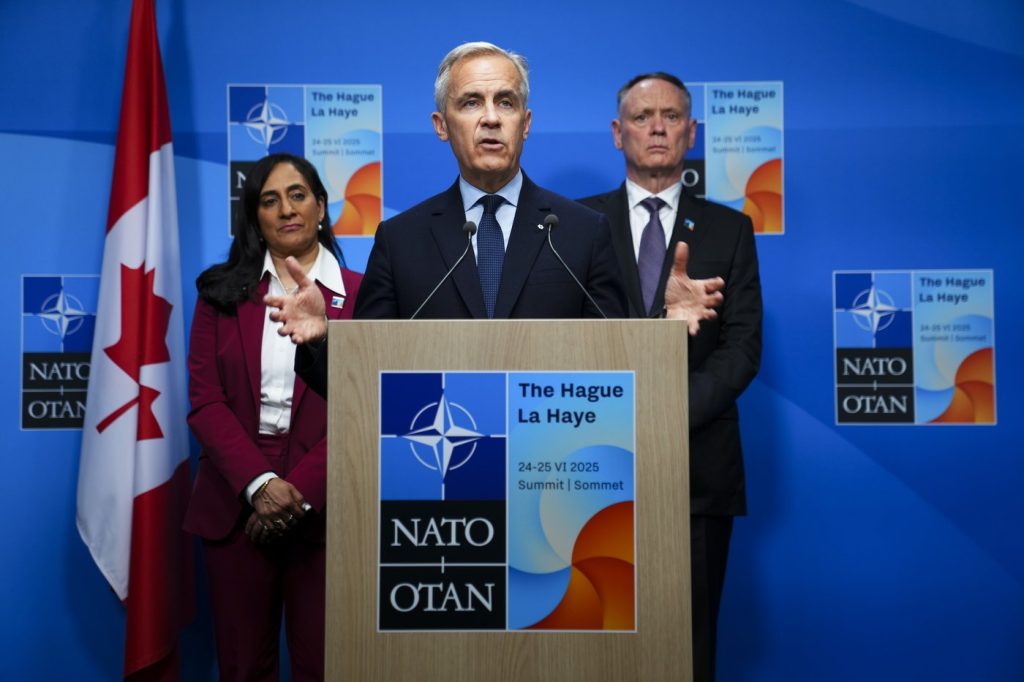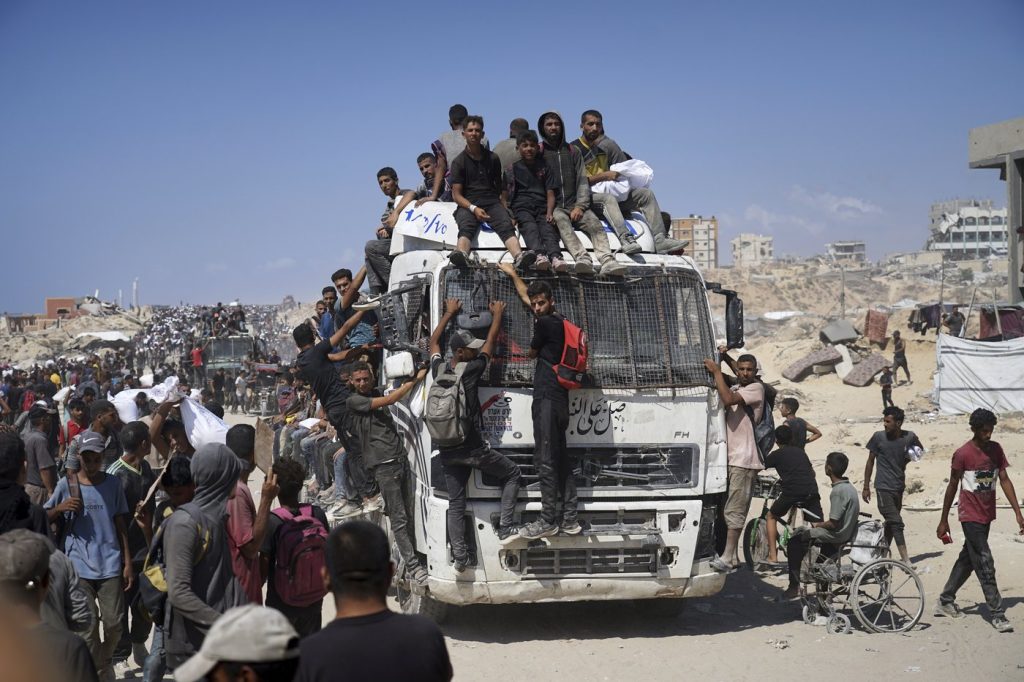OTTAWA — Canada, along with many of its NATO allies, released a joint statement condemning an alarming increase in threats posed by Iranian intelligence services. This denunciation highlights the countries' unified stance against attempts to "kill, kidnap and harass" individuals living in North America and Europe.
The joint statement, which was also endorsed by the governments of Albania, Austria, Belgium, Czech Republic, Denmark, Finland, France, Germany, the Netherlands, Spain, Sweden, the United Kingdom, and the United States, outlines the growing collaboration between Iranian intelligence services and international criminal organizations. These alliances are reportedly aimed at targeting journalists, dissidents, Jewish citizens, and both current and former government officials.
While the statement did not cite any specific incidents of threat or violence, it strongly condemned such actions as violations of national sovereignty. The collective voice of these nations calls on Iranian authorities to "immediately" cease their illegal activities, implying that ongoing operations represent a serious jeopardy to the safety and security of citizens abroad.
In 2022, the Canadian government took significant steps against Iranian officials by declaring them inadmissible to Canada due to their involvement in terrorism and human rights violations. Recently, the Canada Border Services Agency reported that three individuals were found ineligible to remain in the country because they held senior positions within the Iranian regime. Deportation orders were issued for all three, and one has already been removed from Canada.
The geopolitical tensions stemming from hostilities in the Middle East have heightened scrutiny on the potential activities of Iranian regime representatives within Canada. The Canada Border Services Agency has indicated that they work closely with both domestic and international partners to share critical information regarding border and national security matters. Such collaboration underscores a commitment to maintaining safety and vigilance against threats from foreign entities.
Notably, Canada has not maintained a diplomatic presence in Iran since 2012, further complicating international relations and increasing the challenges faced in addressing Iranian influence and activities on Canadian soil. The absence of formal diplomatic ties hinders direct engagement and dialogue, making the enforcement of protective measures more critical than ever.
This joint statement and the escalating concerns regarding Iranian threats reflect an urgent need for collective international action to protect the rights and safety of individuals who may be targeted due to their beliefs, affiliations, or past government roles. As nations confront the realities of state-sponsored threats, this strong condemnation from Canada and its allies is a significant step in addressing the ongoing risks associated with Iran's intelligence operations.












